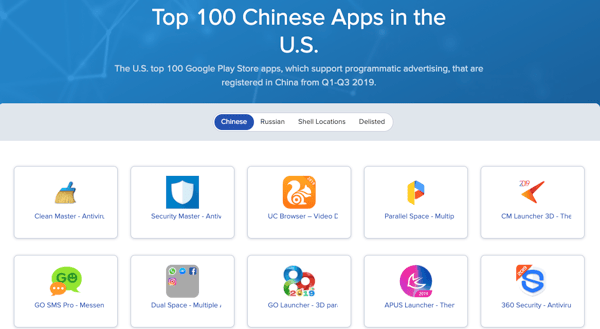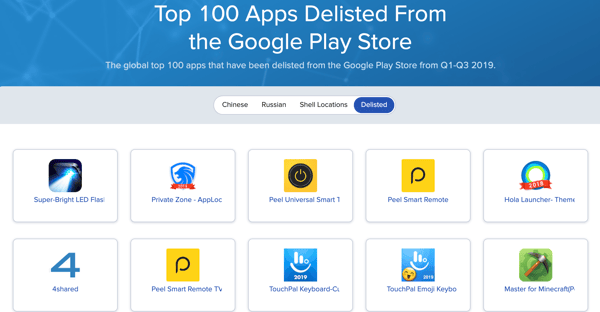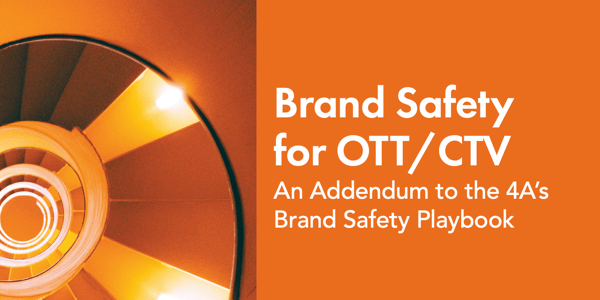
This week's review of ad fraud and quality in the digital advertising space.
Pixalate, a global ad fraud intelligence and marketing compliance platform, this week announced the findings of significant research from its latest analysis, detailed in the 2019 Mobile Advertising Supply Chain Safety Report.
The first part of Pixalate’s mobile app analysis zeroes in on National Security, Consumer Privacy, and Ad Fraud risks stemming from apps in the Google Play Store.

"An alarming analysis of mobile apps targeting users released today by Pixalate suggests potential threats to both brand safety and national security," wrote MediaPost, reporting on Pixalate's 2019 Mobile Advertising Supply Chain Safety Report. "About a third of the [top] apps served programmatic ads that may have run against brand-unsafe content, while 80% had 'dangerous permissions,' including potential consumer data privacy violations."

What are the most popular foreign-registered Google Play Store mobile apps in the U.S.?
As revealed in our 2019 Mobile Advertising Supply Chain Safety Report, up to 72% of the 10k most popular apps in the U.S. (based on programmatic ad volume) are registered outside of the U.S.
Pixalate has added three new reports to our App Trends Reports, including:

As revealed in our 2019 Mobile Advertising Supply Chain Safety Report, Google delisted over 880,000 apps from the Play Store between Q1 and Q3 2019. But which delisted apps were the most popular?
We have published a list of the top 100 apps delisted from the Google Play Store, based on download volume before the apps were delisted.

The 4A's has added an addendum to its Brand Safety Playbook to held advertisers navigate brand safety and ad fraud in OTT/CTV.
Below is a sample from the playbook. You can read the whole thing here:
Fraud in CTV consists primarily of:
*By entering your email address and clicking Subscribe, you are agreeing to our Terms of Use and Privacy Policy.
These Stories on Weekly Recaps
*By entering your email address and clicking Subscribe, you are agreeing to our Terms of Use and Privacy Policy.

Disclaimer: The content of this page reflects Pixalate’s opinions with respect to the factors that Pixalate believes can be useful to the digital media industry. Any proprietary data shared is grounded in Pixalate’s proprietary technology and analytics, which Pixalate is continuously evaluating and updating. Any references to outside sources should not be construed as endorsements. Pixalate’s opinions are just that - opinion, not facts or guarantees.
Per the MRC, “'Fraud' is not intended to represent fraud as defined in various laws, statutes and ordinances or as conventionally used in U.S. Court or other legal proceedings, but rather a custom definition strictly for advertising measurement purposes. Also per the MRC, “‘Invalid Traffic’ is defined generally as traffic that does not meet certain ad serving quality or completeness criteria, or otherwise does not represent legitimate ad traffic that should be included in measurement counts. Among the reasons why ad traffic may be deemed invalid is it is a result of non-human traffic (spiders, bots, etc.), or activity designed to produce fraudulent traffic.”

